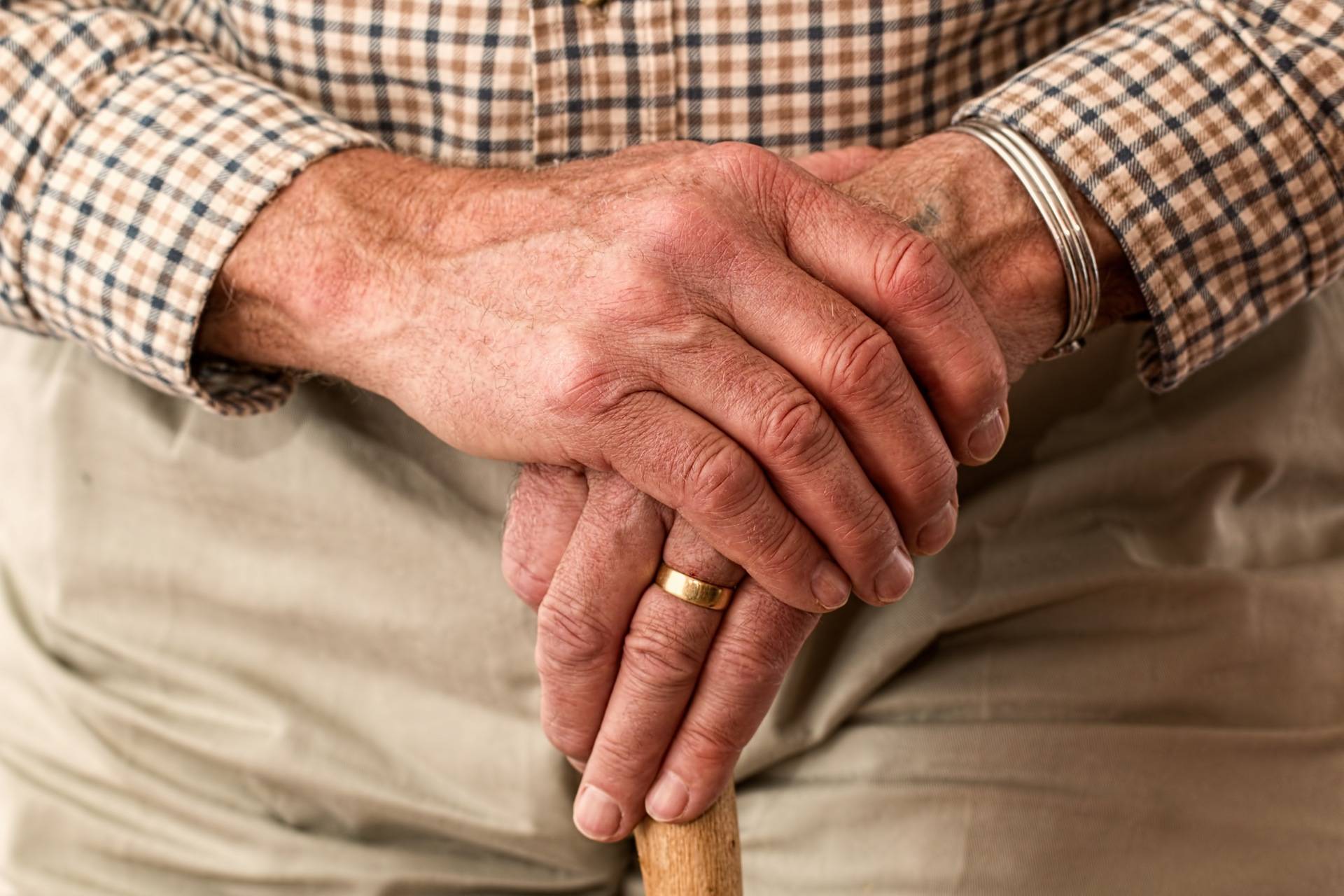Taking care of your loved ones can be a rewarding experience. However, there’s no doubt about it– the constant demands of caregiving can be overwhelming. The stress associated with caregiving significantly increases when there’s little to no chance that your family member will recover from their disability. And if left unchecked, that stress can eventually begin to affect your personal relationships, mental state, and health, ultimately leading to burnout.
Learning to recognize the signs associated with caregiver burnout is the first step to dealing with the problem before it becomes an issue. Here are some warning signs to watch out for:
- Overwhelming fatigue and irritability
- Lack of social interests
- Heightened sensitivity
- Difficulty concentrating
- Difficulty sleeping
- Changes in appetite; weight loss, or weight gain
- Increase in alcohol usage
- Frequents thoughts of self-harm or harming the person you are giving care to.
Attempting to take on all the responsibilities of caregiving without assistance is one certain way to increase the likelihood of burnout. You should never try to do it alone. Learn how to delegate minor responsibilities to nearby friends or family. Most importantly, take time to attend to your own personal mental, emotional and physical health needs. Taking care of yourself will make you you a more effective caregiver.
Here are some other effective ways to keep the burnout at bay:
Take time off: Give yourself permission to slow down and take breaks. Whether it’s an hour or an entire day, it’s important that you take time for yourself.
Education is key: Take time to learn about your loved one’s disability. You can offer better care to your loved ones if you have a clear understanding of their disability or illness.
Talk to someone: 64 million adults in America are currently taking care of elderly or disabled loved ones. Never feel as though you can’t talk to someone. Whether it be a trained professional, or a personal friend, if you’re having difficulty coping, talk to someone.
Invest in products that can help: Wheelchairs, ramps and safety handles can significantly reduce the odds of injury to both yourself and your loved ones. Invest in equipment that can help with the physical toll of caregiving. If buying is not an option, most mobility companies offer renting or rent-to-own options to help ease the financial burden.
Take care of your health: Attend regular doctor’s appointments. It’s significantly more difficult to take care of your loved ones if your health is not up to par. Eat well and exercise.
Say “yes”: If someone offers help, say yes. Don’t be shy, or feel ashamed. But keep in mind, people will be less likely to offer assistance if you micromanage or hover. Give them space and allow them to help.
Caregiving is a true labor of love, but it doesn’t have to lead to burnout. There is support, there is hope.



